Who wants to be a GP?
Our medical students and graduates explain why they are committed to a career in primary care.
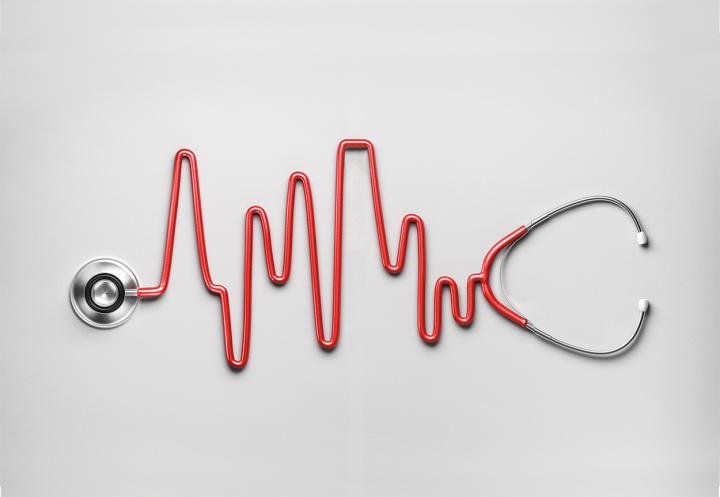
By Dr Jen Middleton
As the NHS turns 70, looming staff shortages mean the future of the National Health Service may be more insecure than ever. Concerns are acute in primary care, with the number of General Practitioners (GPs) shrinking following years of underinvestment. Workloads are growing while budgets are falling, and yet some of our best students remain dedicated to carrying out this essential community role. We find out why.
Experts have been warning of an impending crisis in general practice for several years. Family doctors bear the brunt of increasing demand on NHS services and these mounting pressures have led to something of an exodus from the profession.
Falling GP numbers
Figures show the number of whole-time equivalent GPs in England fell by more than 8 per cent between 2013 and 2017. In Scotland, numbers fell by around 4 per cent over the same time period. Practices are struggling to train and retain new talent while many GPs are choosing to retire early, citing stress and fatigue.
The decline in GP numbers comes at a time when demand for general practice continues to grow. The average member of the public now sees a GP six times a year, double the number of visits from a decade ago. Diseases that were previously treated by specialists are increasingly being cared for in general practice to reduce pressure on struggling hospital departments. Cases are also becoming more complex as Britain’s ageing population means that more people are living with multiple illnesses.
Hope that the tide is turning
But there is hope that the tide may be turning. New contracts came into force in April, bringing £256 million additional investment in services in England and £23 million in Scotland. The increases may seem marginal compared to the overall budgets, but the funds are expected to go some way to addressing the pressures faced by GPs and attracting new talent.
Edinburgh Medical School has been a pioneer in the training of family doctors since it launched the world’s first independent academic department in general practice in 1963. Here, today’s medical students and graduates share their passion for their chosen profession.
Conor Foley
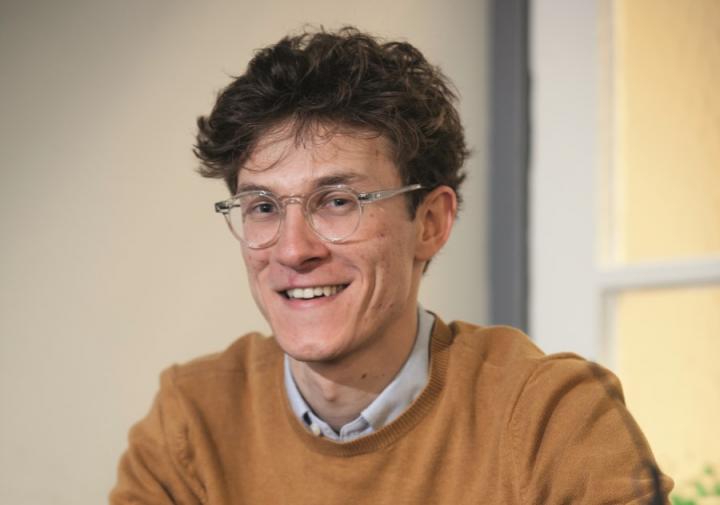
Why do you want to be a GP?
I think it is a brilliant job; an essential one and one that is endlessly interesting and challenging. Being a GP, you have to know a bit about everything. After studying for so many years it seems ridiculous to slowly forget most of what you’ve learnt. Academia in general is becoming super specialised and I think remaining general is brilliant. What’s more, academic general practice is a rapidly growing field as generalists are needed more and more to deal with difficult patients under the care of several specialties.
How do you see the future of general practice in the UK?
I see it as essential for the NHS, but things will certainly change. Technology is drastically changing medicine. Widespread use of triage systems in the future is a given, and it is possible even that some specialist’s roles will be replaced by AI (artificial intelligence). This will require GPs to fill the niche of orchestrating these systems. I think that’s pretty scary, but incredibly exciting.
Alice Harper
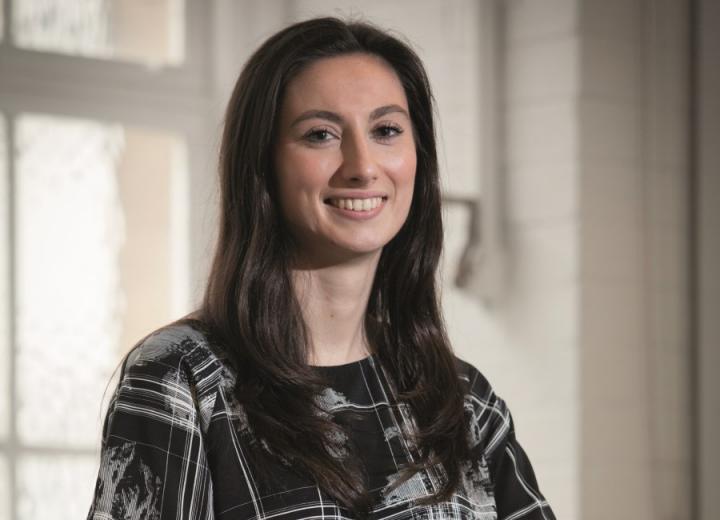
Why do you want to be a GP?
I have really enjoyed most of my rotations throughout medical school and I like the idea of becoming an expert generalist and maintaining a variable career with a wider medical focus. A career in general practice also enables one to specialise in selected areas throughout their career and this flexibility also appeals to me.
How do you see the future of general practice in the UK?
I think we will see more multicentre community hubs with improved interdisciplinary working. I would also like to see more focus on preventative and lifestyle medicine, with patients taking increased responsibility for their own health. GPs will also have to embrace advances in technology and hopefully such advances will come with improved integration of IT systems and care pathways.
Callum Innes
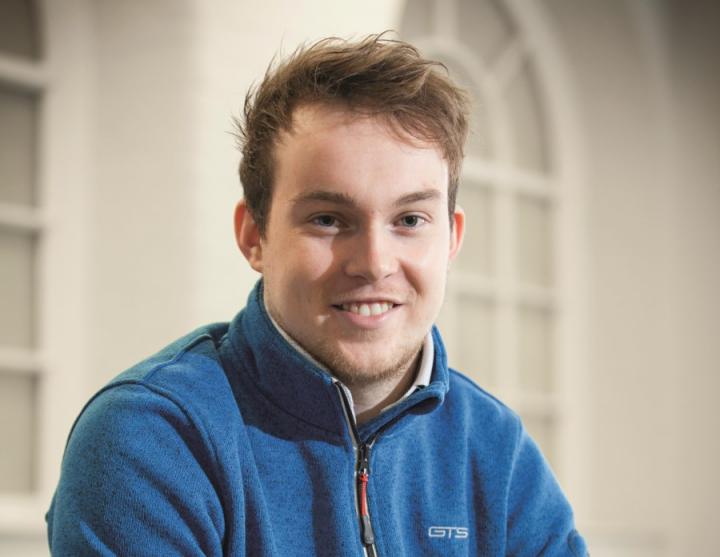
Why do you want to be a GP?
I like the idea of being able to use all the skills I’ve learned at university. At the same time, being a GP offers the opportunity to specialise and take your own personal interests a bit further by running your own clinics. I’m also attracted to the work-life balance and the ability to be a bit more flexible with how you work. And, of course, the role a GP plays in the lives of their patients is very rewarding.
How do you see the future of general practice in the UK?
I can see a lot more GPs following a career where they are part time at their surgery and have a part-time role in a hospital doing a specialist interest. We may also see a switch to video consultations from home, in certain situations. But we need more people wanting to do the job. For that I think we need earlier exposure in medical schools. We also need to tackle the perception that being a GP is a boring or easy option.
Tricia Donald
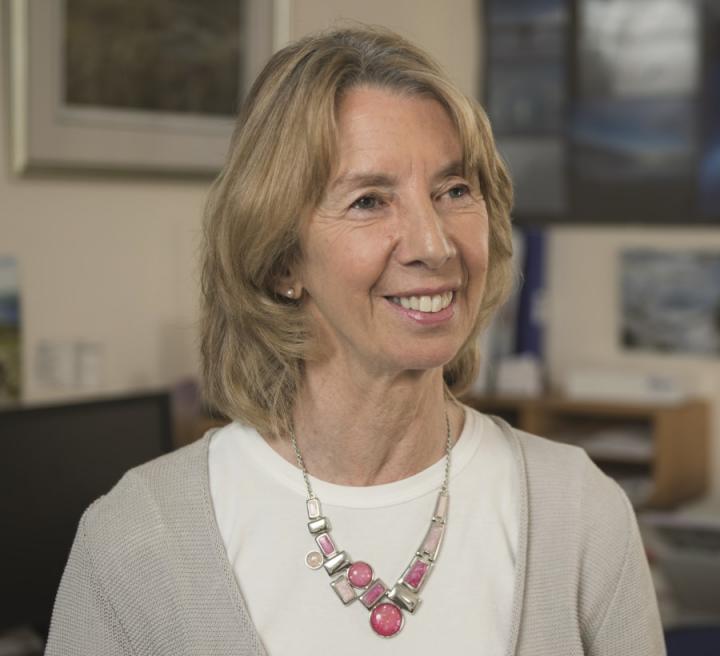
What do you love about your job?
I love the privilege of walking alongside patients and their families through their lives. I am very passionate about general practice. I’ve had a great career. I’ve been involved not only at the practice level but at local and national level. There’s huge opportunity to have a very varied career, with flexible working and quality of life.
How has the role of GP changed over the decades?
I think it’s exciting that it does change. You don’t get stuck as there are always opportunities. The whole environment is reinvented and there is constant innovation in the profession. One example is our work with multidisciplinary teams. Patients that were previously dealt with by the doctor can now be treated directly by nurses and physios, for example.
Anup Patel
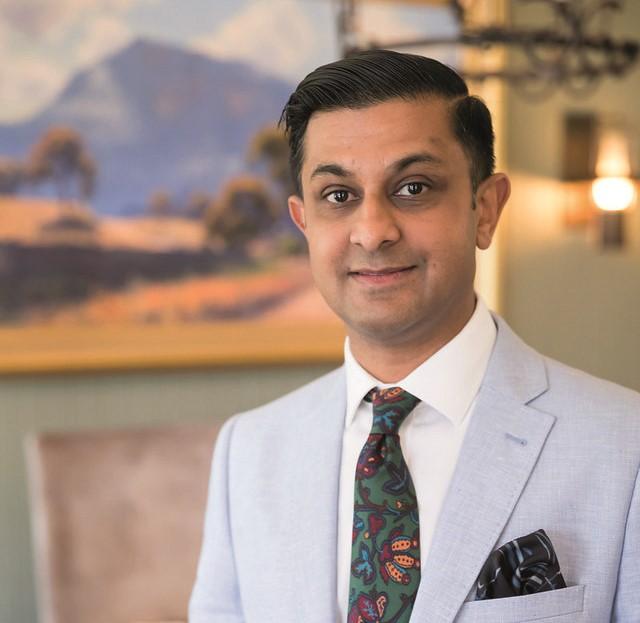
What do you love about your job?
It is the interaction with each individual and learning more about their own specific circumstances that makes general practice interesting, and that’s what I love about it. Having this context helps us provide tailored guidance that can lead to meaningful change or a lasting benefit to a person’s life. Currently I am the GP clinical lead for musculoskeletal medicine (MSK) in the London boroughs of Islington and Haringey. In this post I am responsible for shaping MSK services for the half a million people living in these two boroughs. Helping influence and improve the health of my individual patients, but also our population as a whole, is a great privilege.
Why is it important that the role of the GP continues in the UK?
Without GPs I believe the numbers of secondary care doctors would have to expand many fold, and the NHS would never be able to cope with this. It could easily lead to patients having investigations and interventions that they might not need, as secondary care doctors are not used to managing uncertainty like a GP is. Just as our secondary care colleagues are expert specialists, GPs are expert generalists. GPs’ skills are varied and wide, and our role helps make the NHS one of the most efficient health services in the world.
Laura Chiwanda
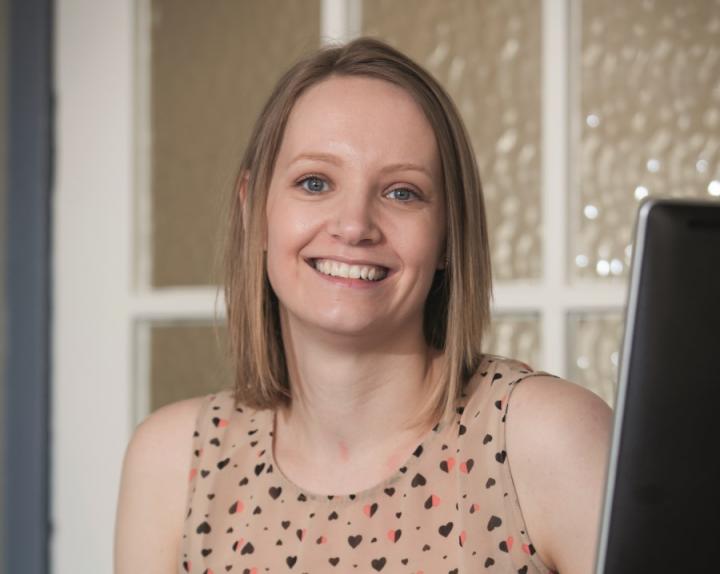
What do you love about your job?
I like the follow up and that you see results of what you’ve been trying to achieve. You really do see people from birth to death. I also like the work-life balance. There are opportunities to go part time or to have special interests, for example. If you were looking at a hospital speciality and thinking it might be for you, but you want to keep variety in your job, you can become a GP with a special interest. You could work in a hospital one or two days a week. There’s lots of things you can do within general practice.
Why is it important that the role of the GP continues in the UK?
We’re a single point of care. So much of the workload is being shifted from hospitals onto us. It’s maybe a bit more than we can handle at the moment but it’s important because otherwise acute care services just wouldn’t function.
Dr Jen Middleton graduated from Edinburgh in 2004, with a first-class honours degree in immunology. She received her PhD from the University of Nottingham and has worked across a number of leading bodies as an expert science communicator. She is currently a PR & Media Manager for the University of Edinburgh.

